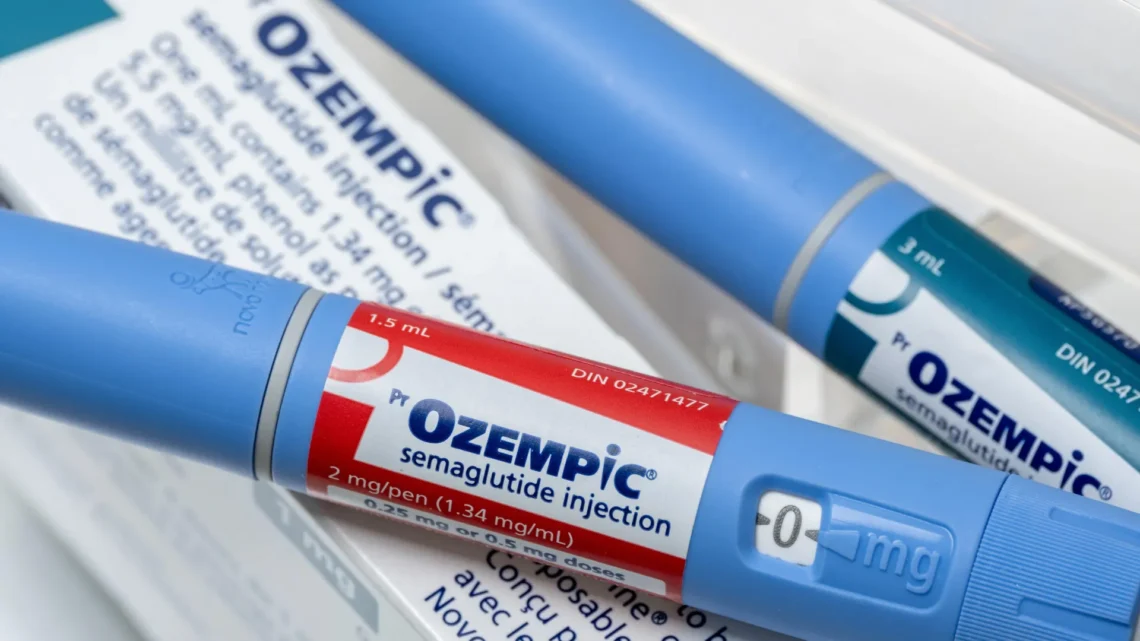New Insights into Blood Sugar Regulation
A new study from the Duke University School of Medicine is challenging long-held beliefs regarding blood sugar regulation, highlighting a previously underestimated ally in the management of type 2 diabetes.
Key Findings on Pancreatic Alpha Cells
Published on September 19 in Science Advances, this research reveals that pancreatic alpha cells, traditionally understood to produce only glucagon—a hormone that elevates blood sugar during fasting or exercise—also generate GLP-1. This potent hormone enhances insulin secretion and helps regulate glucose levels, similar to the effects of widely used medications such as Ozempic and Mounjaro.
Research Methodology
Utilizing advanced mass spectrometry techniques, researchers at Duke discovered that human alpha cells might produce a significantly greater quantity of bioactive GLP-1 than previously recognized. Led by Dr. Jonathan Campbell, an associate professor in the Division of Endocrinology, the investigation involved a comprehensive analysis of pancreatic tissue from both mouse and human subjects, considering varying ages, body weights, and diabetes statuses. The findings indicated that human pancreatic tissue is capable of generating substantially higher levels of bioactive GLP-1, with a direct correlation to insulin secretion.
The Implications of Alpha Cell Flexibility
“This research demonstrates that alpha cells possess greater flexibility than previously thought,” stated Dr. Campbell. “They can modulate their hormone output to support beta cells and maintain balance in blood sugar levels.” This newfound flexibility might revolutionize the approach to treating type 2 diabetes, particularly in cases where beta cells are unable to secrete adequate insulin to regulate blood sugar effectively. An increase in the body’s own GLP-1 production could provide a more natural method to enhance insulin response and manage glucose levels.
Exploring Alternatives in Hormone Production
In experiments with mice, the team observed that when glucagon production was inhibited, insulin levels did not drop as anticipated. Instead, the alpha cells increased their GLP-1 output, thereby improving glucose control and prompting a more robust insulin release. “We hypothesized that eliminating glucagon would hinder insulin secretion by interrupting alpha-to-beta cell communication,” Campbell explained. “Contrary to our expectations, it improved insulin secretion, with GLP-1 emerging as a more potent stimulator than glucagon.”
Potential in Diabetes Treatment
While GLP-1 is primarily produced in the gut, this study confirms that pancreatic alpha cells can release GLP-1 into the bloodstream postprandially, aiding in blood sugar reduction through increased insulin and decreased glucagon levels. Notably, common metabolic stressors, such as a high-fat diet, can only modestly elevate GLP-1 production in alpha cells, presenting opportunities for future research. If strategies are developed to safely enhance GLP-1 secretion from alpha cells, there could be significant implications for improving insulin responsiveness in individuals with diabetes.
Advancements in Measurement Techniques
Accurate measurement of GLP-1 has posed challenges; however, the research team developed a high-specificity mass spectrometry assay capable of detecting only the bioactive form of GLP-1—thereby eliminating inaccuracies associated with inactive fragments.
Conclusion: A New Perspective on Blood Sugar Control
“This discovery reveals that the body has an intrinsic backup mechanism,” concluded Dr. Campbell. “GLP-1 serves as a far more potent signal for beta cells compared to glucagon. The capacity to switch from glucagon to GLP-1 during periods of metabolic stress may be essential for maintaining controlled blood sugar levels.”
Key Health Takeaway: This study emphasizes the importance of pancreatic alpha cells in glucose regulation and their ability to produce GLP-1, a significant finding that could reshape future diabetes treatments by focusing on enhancing the body’s natural hormone production to support insulin secretion.
Additional authors of this study include Canqi Cui, Danielle C. Leander, Sarah M. Gray, Kimberly El, Alex Chen, Paul Grimsrud, Guo-Fang Zhang, David A. D’Alessio, all from Duke University, as well as Jessica O. Becker, Austin Taylor, Kyle W. Sloop, C. Bruce Verchere, and Andrew N. Hoofnagle.
Funding for this research was provided by the National Institutes of Health, Canadian Institutes of Health Research, Borden Scholars, and the Helmsley Charitable Trust Foundation.





